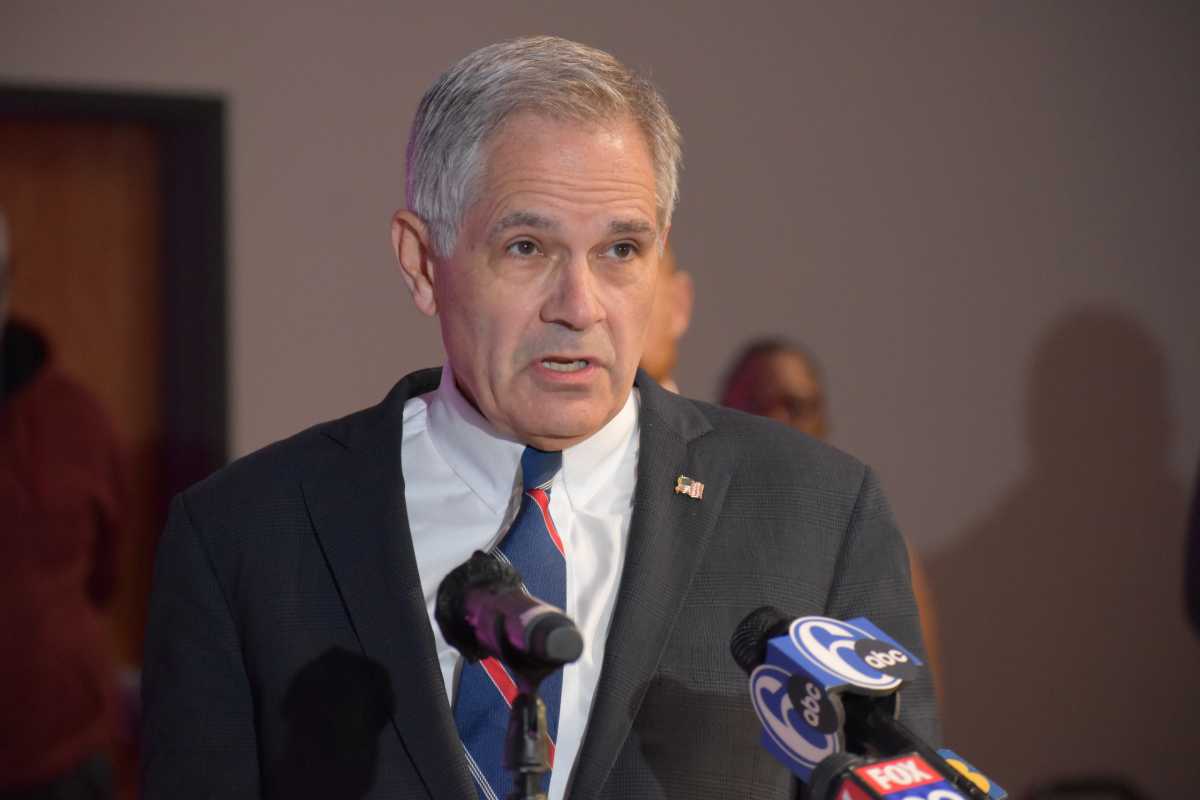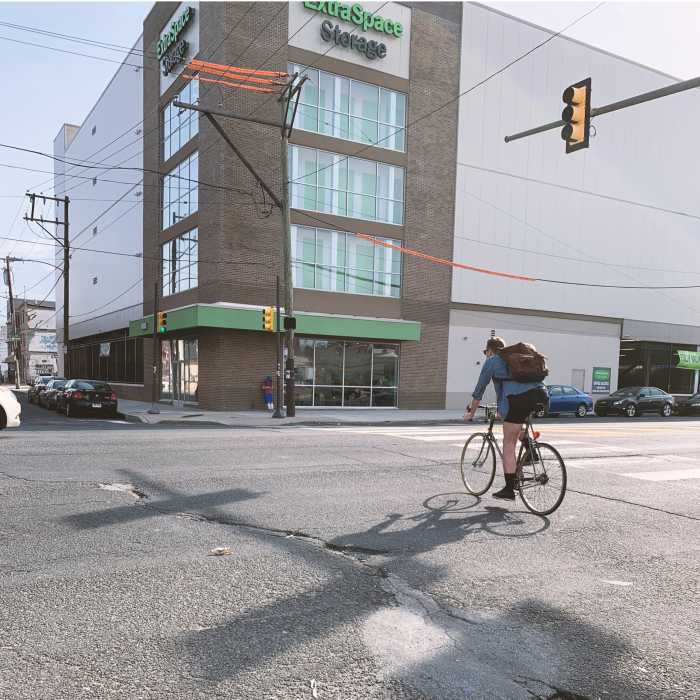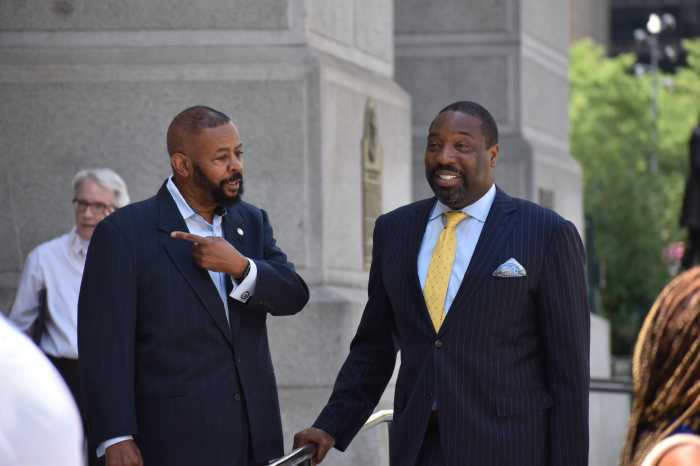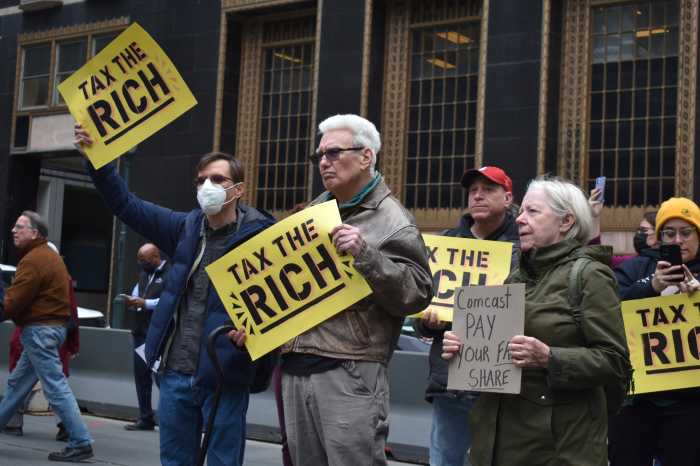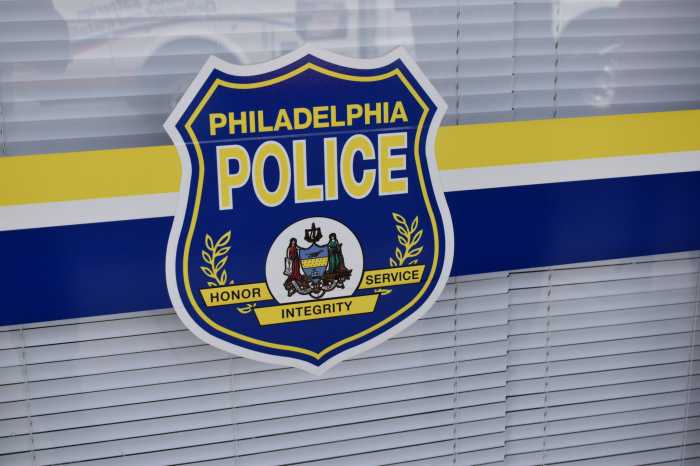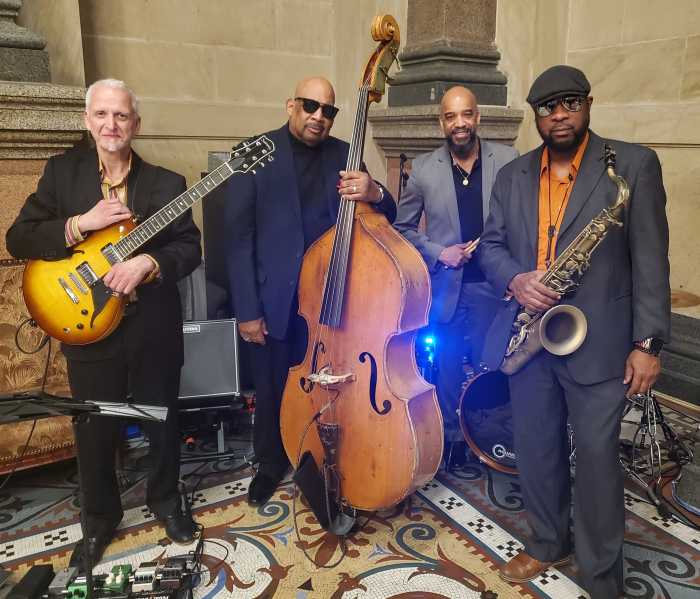Shoplifting – and a perception that thieves do not face consequences – dominated Tuesday’s hours-long budget hearing that featured occasional tense exchanges between District Attorney Larry Krasner and lawmakers.
Several City Councilmembers told Krasner that people, including some offenders and store employees, believe Philadelphia does not enforce retail thefts involving less than $500 worth of merchandise.
“If someone is suggesting to you we don’t prosecute below 500 bucks, that’s flatly untrue,” Krasner said during the virtual meeting. “This office does not turn down retail theft cases.”
In 2018, early in his tenure, Krasner crafted a policy change, instructing most thefts under $500 to be treated as summary offenses, minor charges that are typically handled by a police officer writing a ticket.
Though most suspects in shoplifting cases do not have an extensive record, Krasner said, the DA’s Office will charge defendants with misdemeanors or felonies if they have a string of recent theft arrests.
“We have made the legally correct and accurate choice, should we choose to do so, to charge the lesser offense where we think it’s going to promote public safety,” he said.
Prior to the new policy, a vast majority of retail theft cases were dropped because store security guards were not paid to show up for court hearings, Krasner said.
Councilmember Jimmy Harrity, who lives in Kensington, said rising rates of shoplifting have caused national chains to shutter locations in his neighborhood.
“I don’t think you’re getting the severity of what’s going on in my neighborhood,” he said. “We have no stores. There’s no place for us to shop because of this stuff going on.”
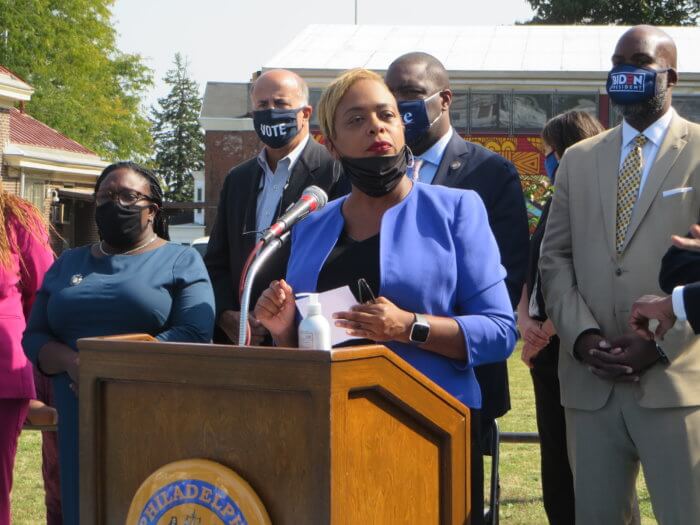
Cindy Bass, a councilmember who represents parts of North and Northwest Philadelphia, discussed the retail theft issue before moving on to question the charging decisions in an unrelated shooting that claimed the life of one of her former staffers.
“To me, it feels as if there is not the level of prosecution and support that the citizens of Philadelphia need coming out of your office,” she said.
During the back-and-forth, Krasner commented that “it’s an election season,” and Bass retorted that electoral politics was irrelevant to the conversation.
More than 14,200 retail theft incidents were reported in 2022, up 52% from the prior year, according to Philadelphia Police Department data. Shoplifting is also trending up 44% so far this year.
However, only about 1,100 summary retail theft cases were opened last year. Arrests for retail theft plummeted dramatically after Krasner took office, but summary offenses have not seen a corresponding spike, the DAO’s data dashboard indicates.
Krasner blames store operators for not hiring enough security and prohibiting guards to detain suspects until officers respond. He said his office pursues every case, but that the undermanned PPD tends to concentrate on more serious crimes.
Police have the sole responsibility to issue those summary violations, which carry a maximum sentence of 90 days in jail, Krasner said.
The DA’s Office is requesting $7.4 million more than is allocated in Mayor Jim Kenney’s proposed budget, and a portion of that money would go toward a retail theft task force.
Krasner said that the team would focus on catching frequent offenders and “fences,” meaning people who buy and resell stolen goods.
Some fences, he alleged, are handing out lists with desired items to homeless individuals and drug users. Once they trade narcotics or cash for the swiped merchandise, the fence puts the products online, with successful operations raking in millions of dollars a year, Krasner told lawmakers.
“We’ve got to figure this out, and that means all of us,” Council President Darrell Clarke concluded. “This issue is real.”
“It is not at the level of gun violence and homicide, but, when you take away services in the neighborhood, you cause people to leave that neighborhood and that neighborhood starts to decline because people are leaving,” he added.



